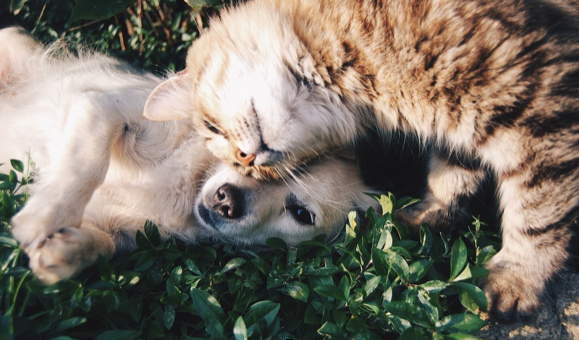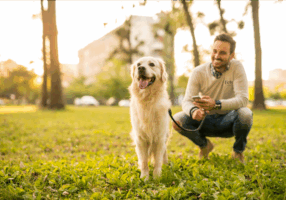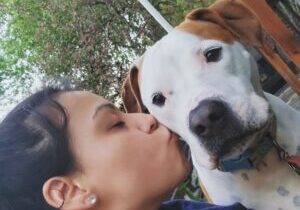
Photo credit Unsplash via Pixabay
Welcoming a new pet into your home comes with a lot of responsibilities. One of the biggest responsibilities is keeping your new family member safe. Here are some tips to keep your furry friend safe at home:
ID Tags and Microchips
One of the biggest risks for a cat or dog is getting lost if they should accidentally get outside of their home. With new pets, this is even a bigger risk so make sure your new friend has a collar with a tag that shows your contact information. Having them microchipped boosts their security since the chip is active even if the collar gets lost.
Elevate Wires and Cords
Electrical cords look like a fun chew toy for young puppies. This can cause a shock if they chew through a cord. Lights like those on Christmas trees can be just as inviting for a new kitten and just as much as a shock hazard. Keep all dangling cords out of reach of curious pets.
Pet-Proof All Lids
Be careful to close the lid to all the toilets in the home, as a curious kitten can drown if they happen to fall into an open lid. Garbage cans lids should also close securely to avoid pets getting into the trash. Not only can pets make a huge mess in the garbage, but there can also be harmful items to animals in the trash.
Choking Hazards
Dogs love to chew and rip things apart. Shoes and purses made of leather look like oversized chew toys when left out. Keep anything you do not want them to tear into out of their reach, including toys that might have small parts they can choke on.
Cold Weather Can Mean Cold Pets
Many people believe that dogs are fine in the cold weather because they come with their own fur coats. Imagine if you were only wearing a fur coat you surely would not be warm enough. Taking special care to make sure your new furry friend has a warm dog bed to get them off the cold floor and being careful about keeping them warm when outside can help to keep them safe and cozy.
Be Aware Of Common Poison Dangers
Useful chemicals in your home can be deadly for pets. Things like anti-freeze smell sweet but are a poison risk. Other common household items that are a poisonous risk for pets include medications meant for humans, certain plants, fertilizer, treated wood chips, pool chemicals, de-icing salts, and chocolate.
Heater Safety
A cold dog or cat may seek out heat, even if the source could possibly hurt them. Things like space heaters and fireplaces need to be pet-proofed so your furry friends cannot burn themselves. Install screens or use a space heater without an exposed heating element so pets cannot get close enough to the heat source for a burn hazard.
Having a furry family member can be a fun adventure, but it can also open up a whole new world of puppy or kitty antics. You will find a new pet can find all sorts of ways to get into trouble, so take these steps to remove as many of the dangers in your home before they become an issue.


![A happy Fetch! Pet Care client and caregiver [A happy Fetch! Pet Care client and caregiver]](https://fetchpetcare.com/wp-content/uploads/bb-plugin/cache/Imagen1-300x200-landscape-eab2b2598c5471a2e8b7f216eb2fdf09-.jpg)




